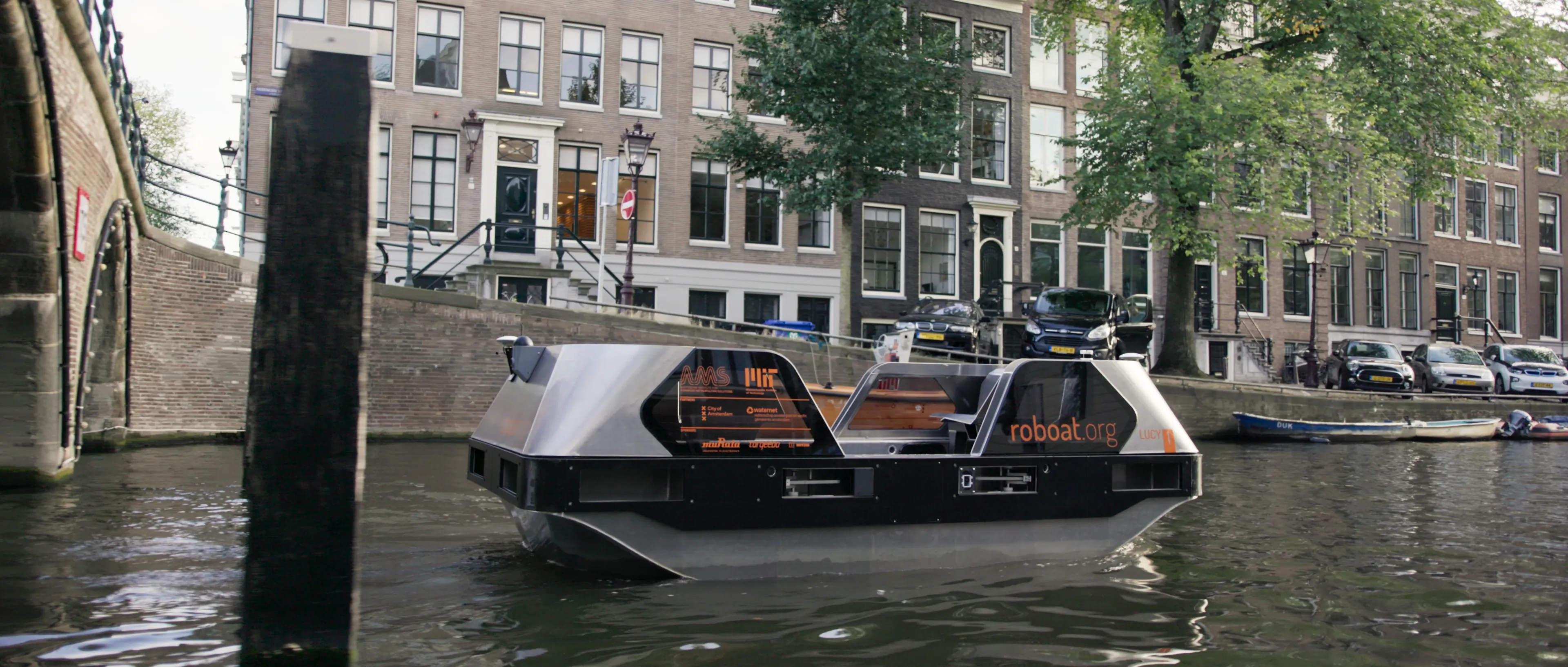Computer vision systems specialist Mobileye and Delphi Automotive, which specialises in automated driving software, are to collaborate to develop a complete SAE Level 4/5 automated driving solution.
The solution will be based on key technologies from each company, including Mobileye's EyeQ 4/5 system on a chip (SoC) with sensor signal processing, fusion, world view generation and Road Experience Management (REM) system, which will be used for real time mapping and vehicle localisation.
Delphi will inc
August 23, 2016
Read time: 2 mins
Computer vision systems specialist 4279 Mobileye and 7207 Delphi Automotive, which specialises in automated driving software, are to collaborate to develop a complete SAE Level 4/5 automated driving solution.
The solution will be based on key technologies from each company, including Mobileye's EyeQ 4/5 system on a chip (SoC) with sensor signal processing, fusion, world view generation and Road Experience Management (REM) system, which will be used for real time mapping and vehicle localisation.
Delphi will incorporate automated driving software algorithms from its Ottomatika acquisition, which include the path and motion planning features, and Delphi's Multi-Domain Controller (MDC) with the full camera, radar and LiDAR suite.
In addition, teams from both companies will develop the next generation of sensor fusion technology as well as the next generation human-like ‘driving policy’. This module combines Ottomatika's driving behaviour modelling with Mobileye's deep reinforcement learning in order to yield driving capabilities necessary for negotiating with other human drivers and pedestrians in complex urban scenes.
The solution will be based on key technologies from each company, including Mobileye's EyeQ 4/5 system on a chip (SoC) with sensor signal processing, fusion, world view generation and Road Experience Management (REM) system, which will be used for real time mapping and vehicle localisation.
Delphi will incorporate automated driving software algorithms from its Ottomatika acquisition, which include the path and motion planning features, and Delphi's Multi-Domain Controller (MDC) with the full camera, radar and LiDAR suite.
In addition, teams from both companies will develop the next generation of sensor fusion technology as well as the next generation human-like ‘driving policy’. This module combines Ottomatika's driving behaviour modelling with Mobileye's deep reinforcement learning in order to yield driving capabilities necessary for negotiating with other human drivers and pedestrians in complex urban scenes.









